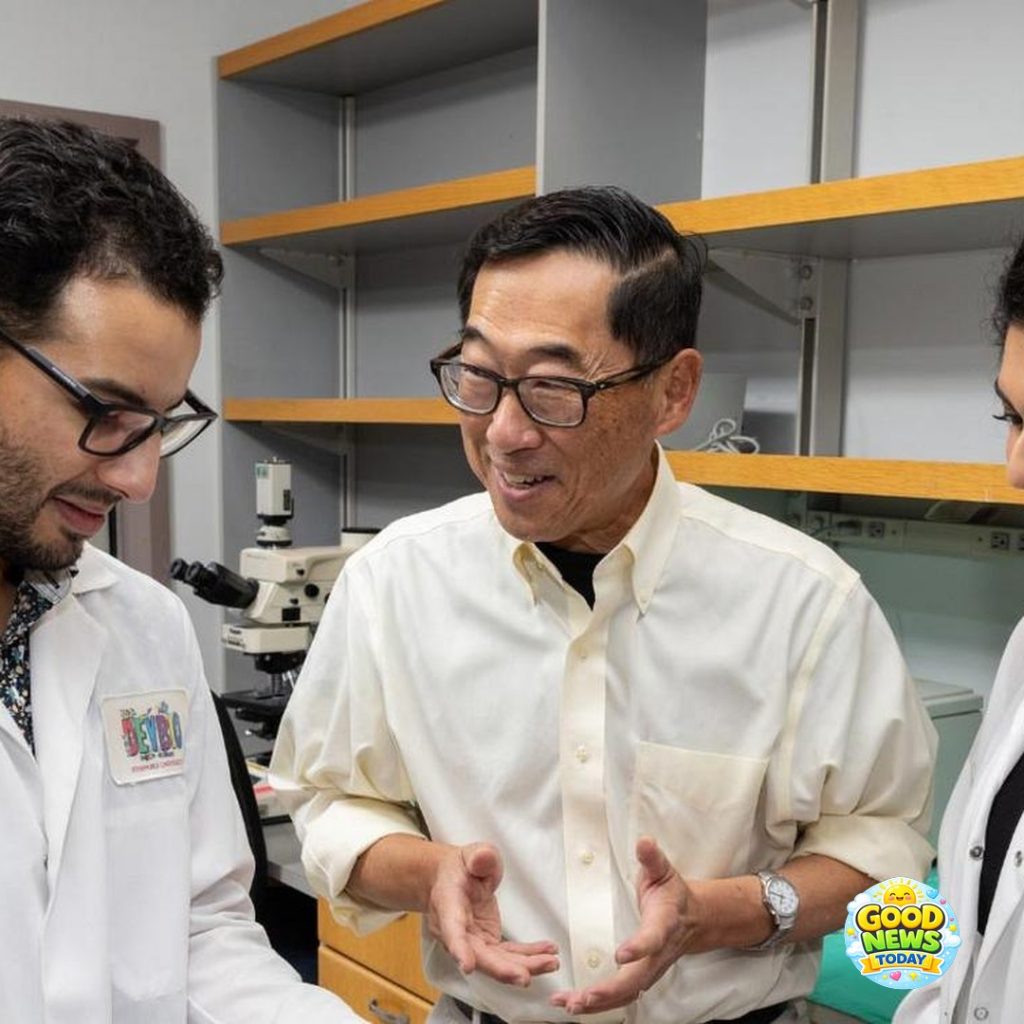Australian Federal Police (AFP) successfully decrypted a highly encrypted cryptocurrency wallet backup holding approximately 9 million Australian dollars (around $5.9 million USD). The accomplishment was praised by AFP Commissioner Krissy Barrett as “miraculous work,” emphasizing the skill and dedication involved in the investigation.
The breakthrough came during an inquiry into an alleged criminal figure described as “well-connected,” who reportedly accumulated substantial cryptocurrency wealth through selling a technology product to other suspects involved in illicit activities. Authorities discovered password-protected notes on the suspect’s mobile device, which contained an image featuring an assortment of seemingly random numbers and words.
Commissioner Barrett explained that the data was organized into six distinct groups comprising more than 50 potential combinations. The AFP digital forensics team suspected these sequences related to a crypto wallet’s seed phrase.
The suspect did not comply voluntarily with demands to provide the wallet’s encryption keys, a refusal that carries a maximum penalty of 10 years in prison under Australian law. Barrett highlighted the risks involved: should the wallet remain inaccessible, and the offender be sentenced and later released, he would emerge from prison as a multimillionaire funded by proceeds of organized crime. “That was not an acceptable outcome,” Barrett stated.
The key to cracking the code came from an AFP data scientist renowned inside the agency as a “crypto safe cracker.” The expert identified that the suspect had intentionally complicated the code by inserting extraneous numbers at the beginning of each sequence. By removing the leading digit from each group, the team was able to reconstruct the wallet’s 24-word seed phrase, enabling access to the funds.
The data scientist noted that certain number strings appeared unusual and inconsistent with computer-generated randomness, suggesting deliberate human alteration to hinder straightforward decoding.
This case is not the first success for the AFP’s digital forensics unit. In a prior separate operation, the same data scientist helped retrieve over $3 million in cryptocurrencies through a different decoding method.
Both recoveries were conducted under the aegis of the AFP-led Criminal Assets Confiscation Taskforce. Pending judicial approval, the seized digital assets will be transferred to a commonwealth account. Subsequently, the Home Affairs Minister Tony Burke will oversee redistribution of the funds toward crime prevention initiatives across Australia.



